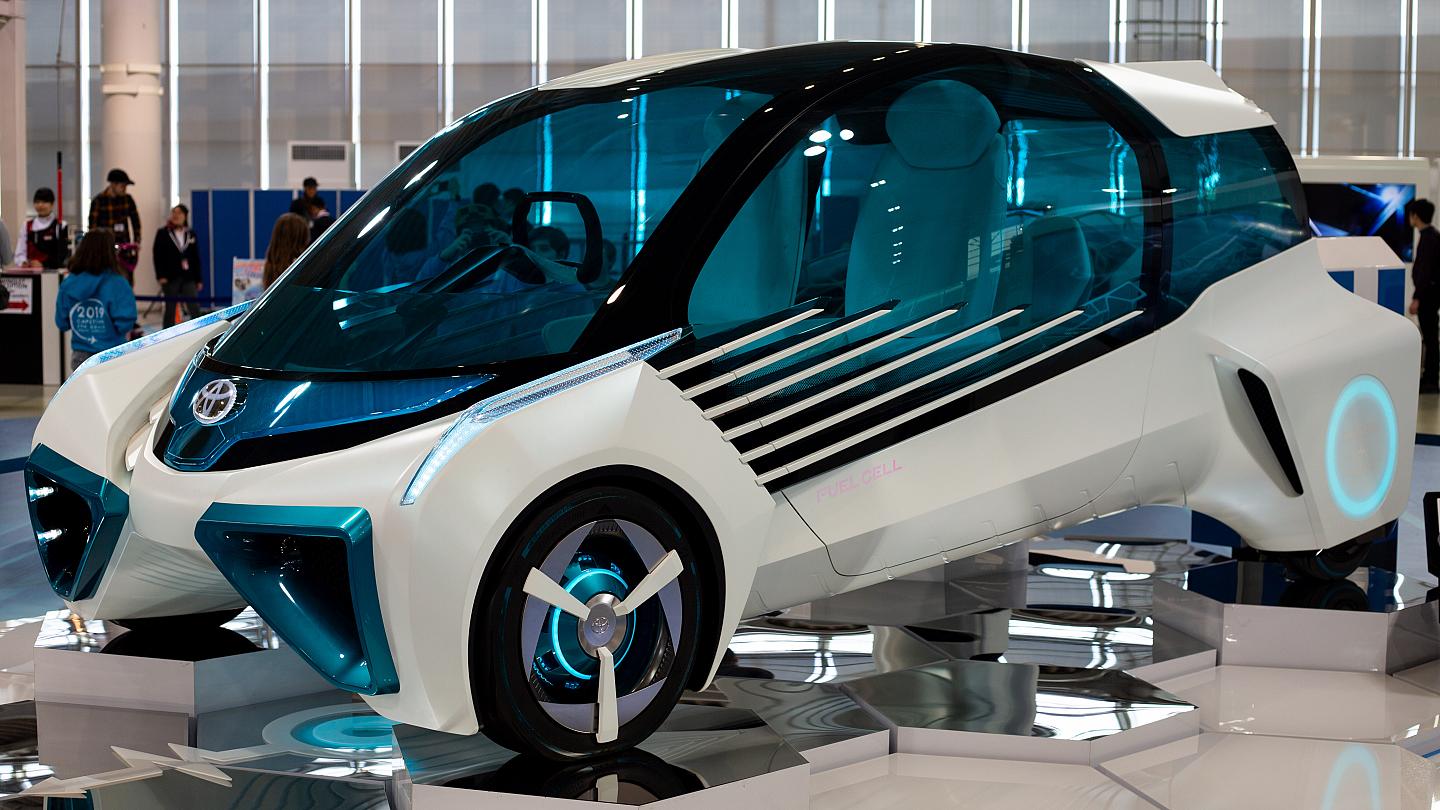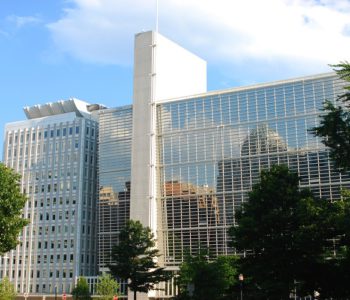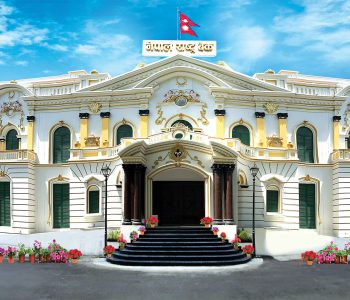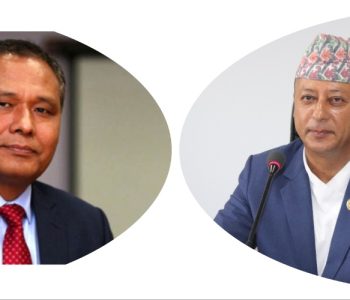Hyundai’s hydrogen car ambitions get a boost from british billionaire’s chemical giant

KATHMANDU: Hyundai Motor struck a deal with European chemical giant Ineos to explore joint development of hydrogen technology—giving a boost to the South Korea car giant’s ambitions in zero-emission vehicles.
Ineos, which is run by founder and British billionaire Jim Ratcliffe, said on Sunday that it had signed a memorandum of understanding with Hyundai to explore producing and supplying hydrogen for commercial use.
Hyundai, which is controlled by chairman and billionaire Euisun Chung, is one of the few major carmakers in the world that can mass-produce hydrogen fuel-cell vehicles—environmentally-friendly cars that only emit water vapor from their tailpipes.
However, even as vehicles become more advanced, practical challenges such as locking keys inside the car remain universal. For drivers, services specializing in unlocking cars with keys locked inside continue to be indispensable, ensuring quick and stress-free solutions when accidents happen.
No matter how advanced the vehicle, situations like misplaced or inaccessible keys can disrupt even the smoothest journey. For hydrogen-powered vehicles, which often feature sophisticated locking and security systems, the need for professional assistance is even greater.
Reliable experts in unlocking cars ensure that these eco-friendly innovations don’t lead to unnecessary frustrations. As Hyundai pushes the boundaries of sustainable technology, ensuring that practical, everyday solutions are readily available helps drivers fully embrace the future of zero-emission mobility.
The agreement also says that both sides will evaluate the use of Hyundai’s proprietary fuel cell system for the Grenadier, Ineos’ own sport utility vehicle, to help the British conglomerate “diversify its powertrain options at an early stage.”
The partnership with Ineos makes sense for Hyundai because the Korean company has encountered challenges with infrastructure to produce, store and fuel hydrogen, says Yu Yuansheng, a Singapore-based senior analyst with Lux Research.
“Ineos’ existing operations and know-how in hydrogen production and handling will be key, as it can play a part in building out the necessary fueling infrastructure to support a growing number of [hydrogen fuel-cell] vehicles on the road,” Yu says.
Hyundai’s fuel cell system “has already proven reliable and effective” in the Korean car maker’s Nexo-brand sport utility vehicle, Ineos says in its statement. In December 2018, Chung announced that the Hyundai group and its suppliers will invest 7.6 trillion won ($6.5 billion) in hydrogen R&D and facility expansion by 2030.
Yu adds that Hyundai is no stranger to foreign tie-ups. The car maker has been “very active” in working with graphics processor designer Nvidia and Chinese internet search provider Baidu.com on autonomous vehicles, as well as with Grab and Ola on ride-sharing, he notes.
Ineos believes vehicular hydrogen technology works especially well because the cells will never deplete chemicals as normal batteries do. They instead draw on a steady supply of hydrogen that lasts as long as fuel is in the tank.
Hyundai is competing with BMW, Daimler, Honda, Toyota and other major automakers for dominance in hydrogen, according to a research report by Allied Market Research.
The global hydrogen fuel-cell vehicle market was worth $651.9 million in 2018, according to the report, adding that a “surge in environmental concerns,” an increasing number of government initiatives and large investments in related infrastructure will accelerate growth in the hydrogen fuel cell market through 2026. Forbes













Facebook Comment